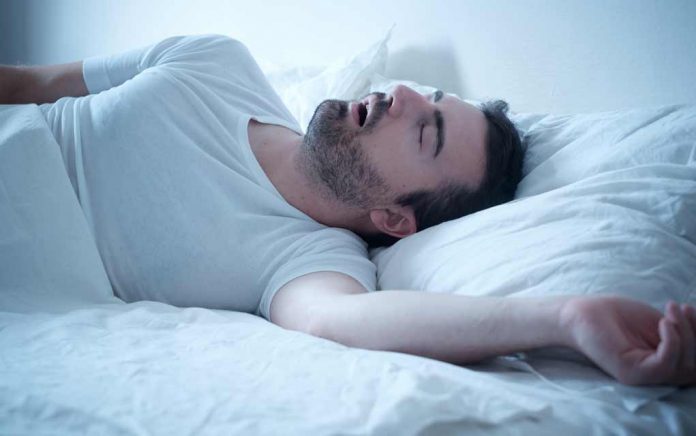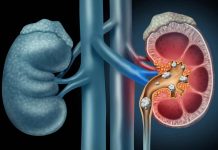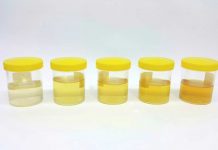
Does This Sleep Disorder Really Need Treatment? Here’s What the Experts Say
(AscendHealthy.com) – An estimated 22 million people suffer from sleep apnea in the United States, and many of them aren’t even aware they have a problem. The condition can range from mild to severe, leading to some serious potential health effects. Still, there’s been some debate over whether to treat mild cases. We’ve looked at the most recent research to give you an accurate breakdown.
Mild Versus Moderate and Severe Symptoms
Researchers have debated for years over whether to treat mild sleep apnea. For a long time, the consensus held that doctors should merely monitor mild symptoms, leaving treatment for moderate and severe cases. But even before shifts in attitudes toward treatment occurred, doctors understood that mild symptoms could have an impact on sufferers’ quality of life. Early research indicated that interventions weren’t helpful.
And the reasoning is sound; there are numerous steps patients can take that may reverse mild sleep apnea before the need to resort to medical interventions. According to Harvard Medical Center, these include:
- Losing weight, if the need exists
- Treating allergies to keep them from contributing
- Refraining from alcohol and other triggering substances before bed
- Not sleeping on your back
- Getting enough sleep
Studies have also determined smokers have a higher risk of developing sleep apnea. Depending on the underlying cause and the severity of the symptoms, some smokers may find an improvement in their symptoms after quitting.
Considering Treatment Options
If you must seek medical treatment, your best option is a continuous positive airway pressure (CPAP) device. Recent studies have shown CPAP to be helpful for all severities of sleep apnea, including mild cases. Patients with mild sleep apnea report better quality of life and improved vitality when they use one. A lot of people find the devices difficult to sleep with, however, making consistency an issue. For this reason, some people may opt to try a dental appliance first, although they’re generally not as effective.
There’s no one right approach to sleep apnea, so it’s best to discuss your individual needs with your doctor if you do feel treatment is in the cards. Even a mild case may lead to unwanted effects, such as daytime sleepiness and reduced functioning, so make sure you’re doing all you can to reduce your symptoms. It could change your whole quality of life.
~Here’s to Your Healthy Ascension
Copyright 2023, AscendHealthy.com




















